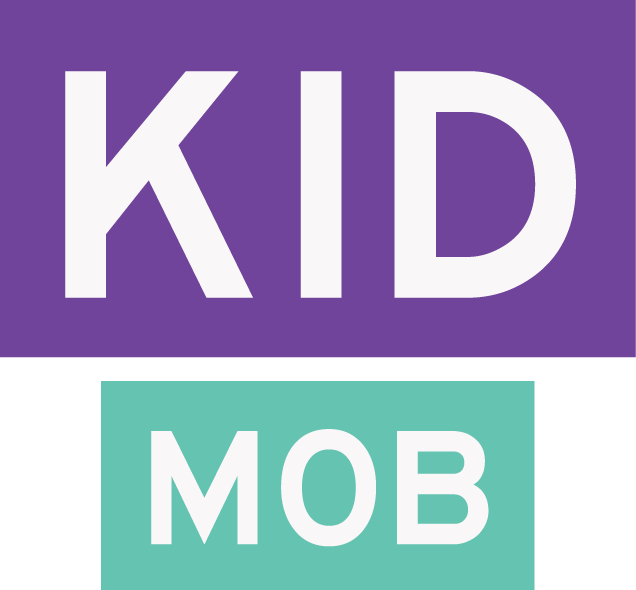The Youth Design Summit 2014 took place in Port-au-Prince, Haiti. Students attended from Rebuild Globally (Port-au-Prince), The Union School-Haiti (Port-au-Prince), and Indian Valley Academy (Greenville, California). Each student group presented a local challenge related to education, and all of the students collaborated to design solutions for each of these local challenges. Though the projects were important, they were not the primary goal of YDS; rather, our focus was on empathy building and cross-cultural exchange.
The Summit was a huge success! The students learned a lot about themselves and saw a lot of commonalities across language and culture. They were challenged to question their assumptions, perceptions, and worldview. They made friends, shared ideas, and - as important - listened to ideas. Over the course of the YDS, there were moments of tension, clarity, understanding, connection, and a lot of laughter.
Here's a quick summary of the three local challenges, and the solutions the students proposed for each community:
Indian Valley Academy:
Problem: Disorganized classrooms interfere with learning. How do you make a system to organize classrooms, and keep them organized?
Proposal: Establish a student counsel at IVA, which is responsible for implementing an organizational system, encouraging buy-in from the student body to maintain that system, and collecting feedback from the student body for improvement. This would give the students more freedom, and more responsibility, over their learning space.
Rebuild Globally:
Problem: A lack of resources means that students have trouble getting to and from school each day, they don't have the materials and supplies they need, and their teachers often do not show up to teach (in their case, their teacher hadn't come in over one month). How do you create a system to provides resources that support education?
Proposal: "Chanjeman: Fabrication for Education" is the proposed business that this group would like to start. Rebuild Globally students would make handicrafts, which IVA students would sell online and in their local community. IVA would offer an Accounting and Finance class dedicated to running this business. Union School students would volunteer their time to help make the handicrafts - Rebuild students would teach them how to make the products and serve as quality control. In return, Union School students would fulfill their 80 hour/year community service requirement. All proceeds would go to support the education of Rebuild students.
The Union School:
Problem: Typical classes are 90 minutes long, and students generally lose interest after 40 minutes. How do you improve and sustain student engagement in class?
Proposal: Rather than attempting to change the entire school schedule - which would be a logistical nightmare for the administration - this group decided to work with the schedule they already had. They proposed a new approach for teachers, to break down their classes into three 30-minute pieces: lecture, hands-on/application of knowledge, and peer teaching. This strategy would serve students with a range of learning styles and expose them to the course material through a few lenses, which is likely to improve learning outcomes. The peer teaching block also frees up some time during class for teachers to spend on curriculum development, meaning that they can invest time in planning more engaging and creative classes.
Now that we've had a little bit of time to process a lot of the amazing things that happened at YDS, here are some insights that we took away from the event:
- It needs to happen again.
- YDS is a powerful format for empathy building and cross-cultural exchange, and for students to realize that their problems are global, that their experience and insight is of value in unexpected places, and that there is a lot to gain from looking outside of themselves and their community for experience and insight.
- Everyone LOVES a day at the beach! Spending a day to just hang out was incredibly valuable for strengthening personal relationships and fostering connections between groups.
- It is a natural inclination for people to want to help each other. When that help goes both ways, when each group both provides and receives help - mutual respect and dignity are reinforced in a powerful way.
- In our increasingly globalized world, there is a growing necessity for global perspectives and solutions. Solutions to real problems can be catalyzed through the YDS format.
Next steps:
We're collecting participant feedback and setting up a listserv for YDS participants to stay connected. We hope that they will keep each other updated on the implementation of their projects as they unfold, and continue to support one another and work together to refine and realize these solutions. Let us know if you've got any ideas for the next YDS, or would like to get involved!
